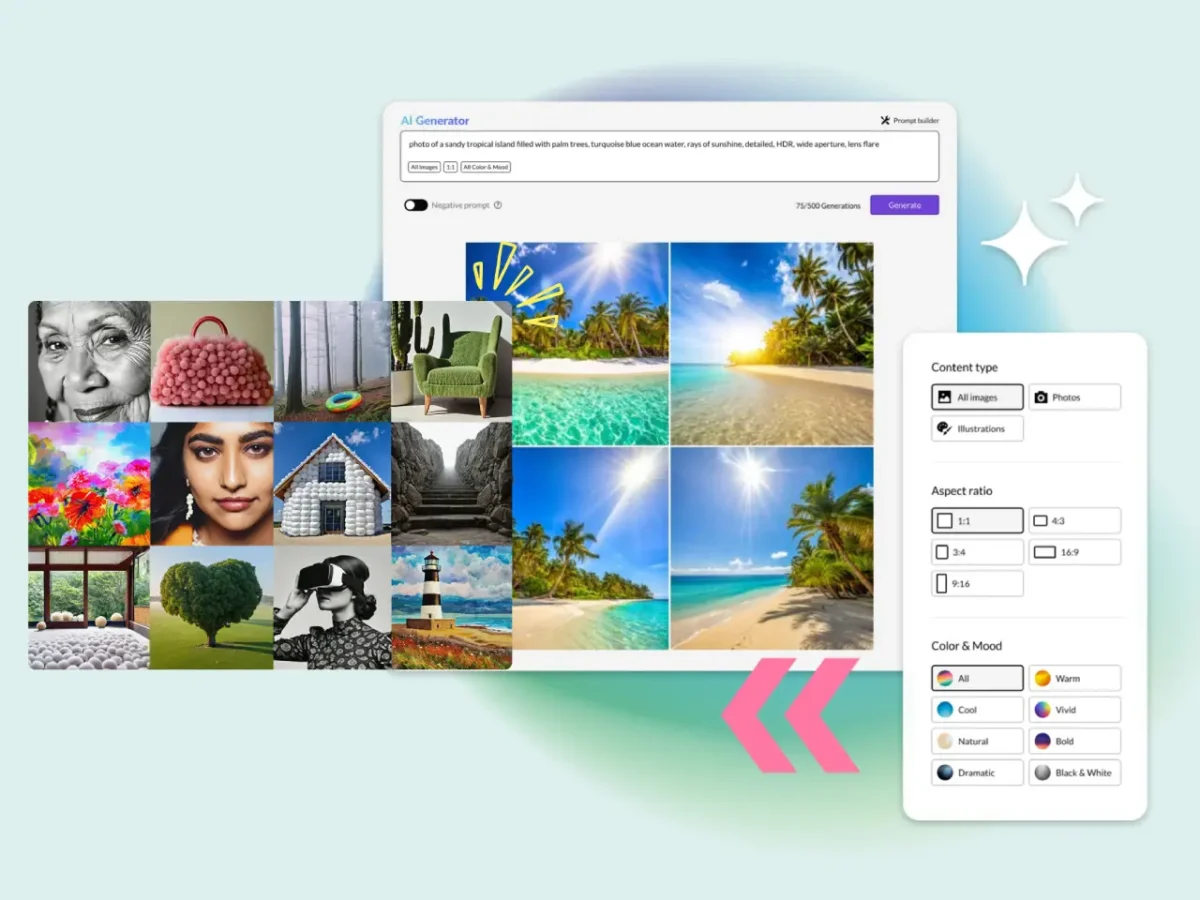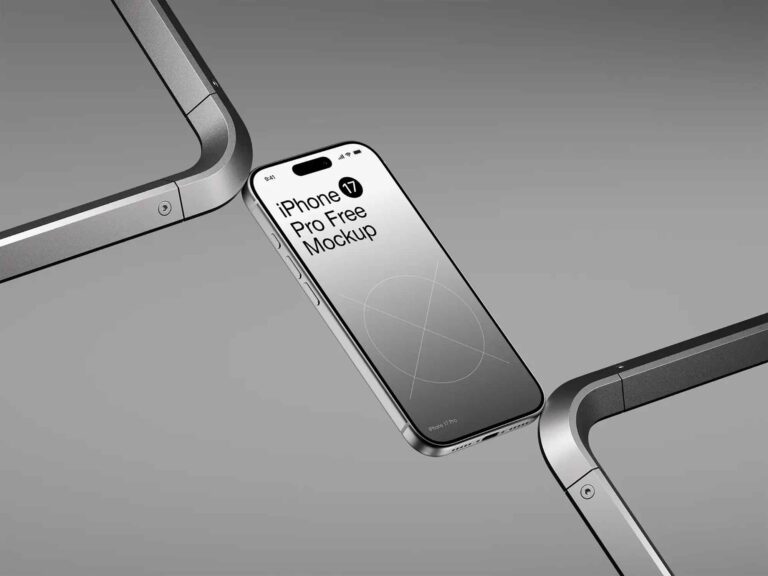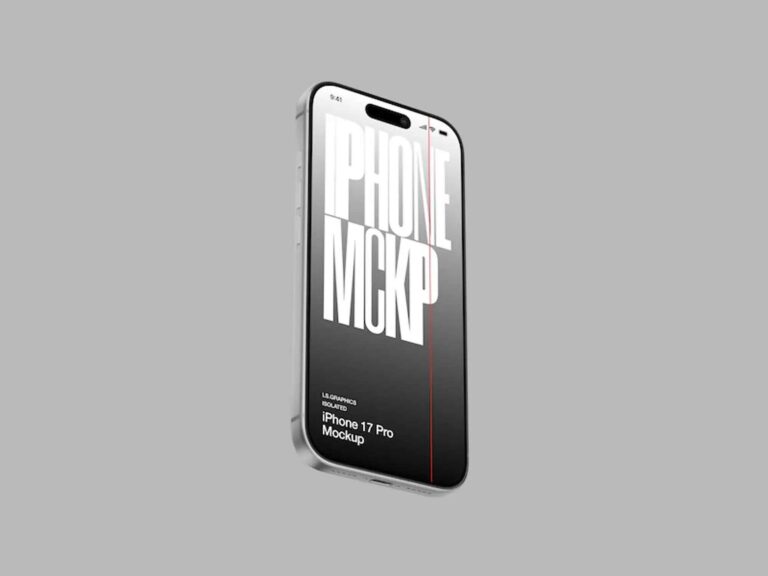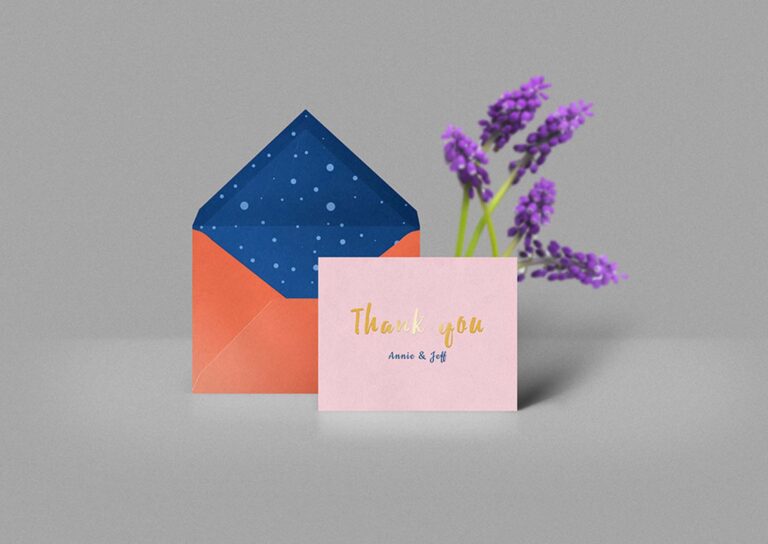After initially rejecting AI-generated imagery and even filing lawsuits against AI developers, Getty Images has launched its AI image generator, “Generative AI by Getty Images,” powered by NVIDIA. Unlike previous AI tools, this one is trained exclusively on Getty Images’ extensive photo library.
The company positions its tool as “commercially safe” due to its training on high-quality creative content and data. They offer indemnification for the images generated and licensed through their platform.
Introducing Generative AI by Getty Images – a new tool that pairs our best-in-class creative content with the latest AI technology for a commercially safe generative AI tool! Trained on Getty Images’ world-class creative content, the tool works seamlessly with our expansive… pic.twitter.com/qSG9CG2CFh
— Getty Images (@GettyImages) September 25, 2023
Getty Images, however, won’t incorporate content from its generative AI tool into its image libraries, reserving those for “real people doing real things in real places.”
‘YouTube Create App’ is Launched For Creators to Make Video Editing Easy and Fast!
What Photographers are Thinking About Ai Images: RPS Survey Report
Adobe Firefly Cost: Adobe Generative Tool Finally Available For Everyone!
Getty Images CEO Craig Peters differentiates their tool from early AI image generators like Midjourney, DALL-E, and Stable Diffusion, citing concerns about how they were built and their impact on creator rights and deepfake generation.
Getty has also implemented a contributor payment system, ensuring that photographers whose work contributes to the AI’s training data receive ongoing revenue-sharing, distinguishing them from one-time payment models seen elsewhere.

This responsible approach to copyright aims to alleviate concerns around AI-generated imagery’s legal status. Still, Midjourney remains the market leader, having established itself as more impressive than its competitors. Getty Images, while entering the AI image generation space, faces the challenge of catching up and overcoming past controversies related to unauthorized image usage.



